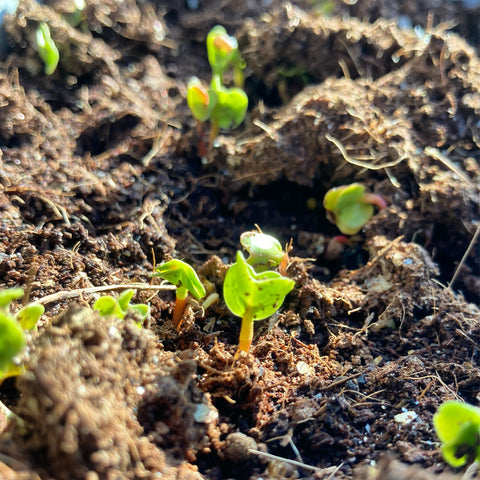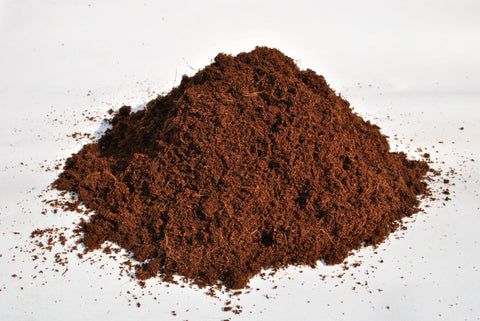Talk Dirt to Me
Soil is at the heart of everything in this world. Without it, we wouldn’t exist.
It is hard to overstate how important the soil is to life on Earth, and why the degradation of soils worldwide is a serious problem. This blog explores 3 important aspects of soil which are being lost, and why we need to protect them.
- Nutrients

All of the minerals and nutrients that we use to sustain ourselves, and to grow, indirectly come from the soil. It’s packed full of them! These minerals and nutrients are drawn up into the food chain by the plants that grow in the soil, and ultimately end up in our tummies. Our life depends on the richness of our soils.
Plants need three main nutrients to grow – nitrogen, phosphorous and potassium (NPK). They use other nutrients as well, but these are the main ones. By using NPK fertilisers on our soils, farmers have been able to boost crop yields and keep the soil productive long after it would usually need time off to regenerate and replenish its nutrients.
However, by only focussing fertlisers on NPK, the rest of the nutrients in the soil – the micronutrients – get used up by the plants and not replenished. This has translated into our foods, with supermarket veg showing a consistent decline in nutritional value over the last 80 years. The loss of nutritional value of soils around the world is a major problem.
- Life
Soil is full of life. From big things we can see like worms and beetles, to tiny things we can’t see – microbial life. 1tsp of healthy soil contains up to I billion bacteria!
All these living creatures are really important as they helps break down dead plant matter, like fallen leaves, and recycle it ready to be used to help plants grow. By constantly reworking the soil they also add structure, which is hugely important for aeration and water retention, and therefore the plant growing capabilities of the soil!
We haven’t been looking after the microbial life in the soil, due to constant use of herbicides and pesticides, and it’s beginning to show. Soils are unable to produce the crops they used to as nutrients aren’t getting recycled, and the lack of structure means the soil is literally being washed or blown away – think dustbowl USA. We are in real risk of losing so much topsoil that we can’t grow enough crops to sustain us.
- Carbon
Soil is also a huge store of carbon – the top metre of the world’s soils contains three times as much carbon as the whole of the atmosphere.
Our intensive farming techniques have led to well over 100bn tonnes of carbon to have been lost from the soil in a couple of generations. The gardening industry is also culpable here, as many gardening composts contain peat – a naturally occurring substance which contains a lot of organic carbon. Peat forms over millennia in ecologically diverse but fragile environments. In composts the carbon in the peat is released into the atmosphere as CO2, contributing to global warming, and the harvesting of the peat destroys natural ecosystems.
Our Commitment to the World
At Sprout, we want to do our part.

We get our compost from a company called Fertile Fibre, it’s peat-free and more importantly it is Soil Association certified organic. This means we keep the carbon in the soil, rather than the atmosphere, and no harmful chemicals are used in its production. Here is a list of all Soil Association certified composts in the UK.
Our contains coir, vermiculite, loam and is packed full of organic nutrients so you can grow bumper harvests. In our subscriptions we rotate the vegetables you’ll grow in each pot, to balance which nutrients are extracted from the soil. And when we send fertiliser, it contains all the micro & macro nutrients you need, rather than just NPK, to keep your soil healthy.
We chose this compost particularly because of the coir it contains. Coir has great water retention capabilities, which makes this compost perfect for us to use in pots.
